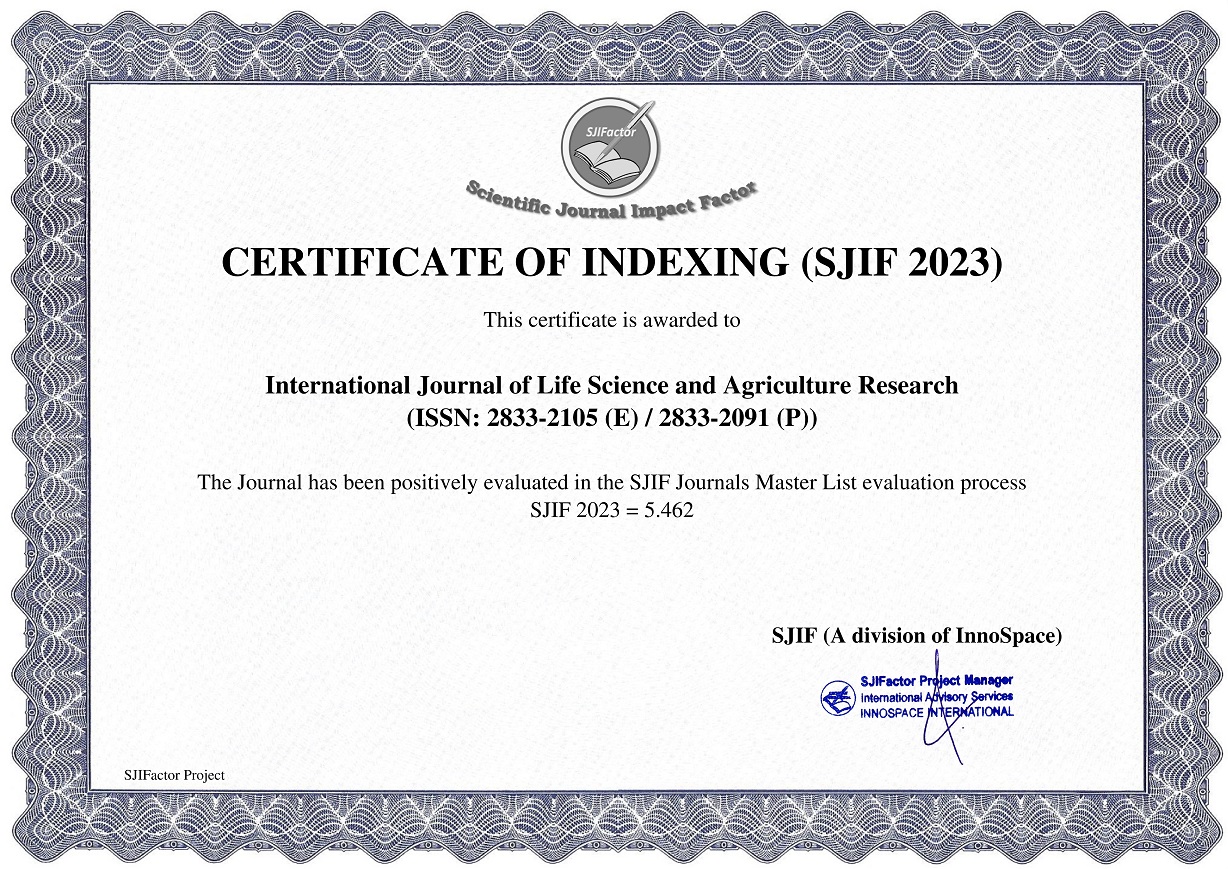Developing and Expanding the Networks of Peanut Seed Producers of Department of Agriculture Thailand
DOI:
https://doi.org/10.55677/ijlsar/V03I4Y2024-14Keywords:
Peanut seed, seed production, networkAbstract
Developing and expanding the networks of peanut seed producers of the Department of Agriculture. The objective is to develop and expand a network of seed producers ppeanut varieties are sold with quality appropriate to the local conditions farmers can produce peanut seeds and store the seeds for their own use be sold to farmers in need in nearby areas there is an increase in peanut seeds for use within the country and selecting farmers who produce peanuts in important production areas of Thailand, including Lopburi province Lampang province and Khon Kaen province by transfer the technology for producing peanut certified seed or extension seed is choosing a planting area, planting, disease and insects, roguing, seed conditioning, harvest and seed quality. Farmers produce peanut seeds under the guidance of the Department of Agriculture with monitoring and solve problems to develop farmers to be able to produce quality peanut seeds and developed into a network of peanut seed producers of the Department of Agriculture. In 2022, there were 15 network farmers able to produce of seed yield 8,406 kg. Seed quality, Moisture 5.3%, Germination 78.7% and Purity 97.3%. In 2023, there were 30 additional network farmers able to produce of seed yield 15,478 kg. Seed quality, Moisture 6.7, Germination 79.1% and Purity 96.3% which complies with peanut seed quality standards certified seed or extension seed.
References
Agricultural Research Development Agency. (2016). Maize, soybeans, mung beans and peanuts. Direction of Thai economic crops in ASEAN. Pornsap Printing Company Limited. Bangkok.
ISTA. 2020. International rules for seed testing. International Seed Testing Association, Bassesdorf, Switzerland. Available at : www.seedtest.org/en/home.html Accessed : January 20, 2021.
Kriangsak Suwantharadon. (2015). Thailand's strategy for food security and safety in Animal feed corn, soybeans, mung beans and peanuts. https://www.arda.or.th/datas/1. Food crop strategy_Dr. Kriangsak.pdf.
Seed Research and Development Division. (2021). Report on plant seed production plans for 2021. Department of Agriculture. Bangkok.
Seed Research and Development Division. (2022). Soybean seed production manual. soybean mung beans and peanuts. Department of Agriculture. Bangkok.
Wichan Ingsrisawang. (2023). Development of peanut varieties and production technology to increase productivity for the central and southern regions. Northern region of Thailand. Agricultural Research Development Agency. https://www.moac.go.th/news-preview-451091791029.
Downloads
Published
How to Cite
Issue
Section
License
Copyright (c) 2024 International Journal of Life Science and Agriculture Research

This work is licensed under a Creative Commons Attribution 4.0 International License.





